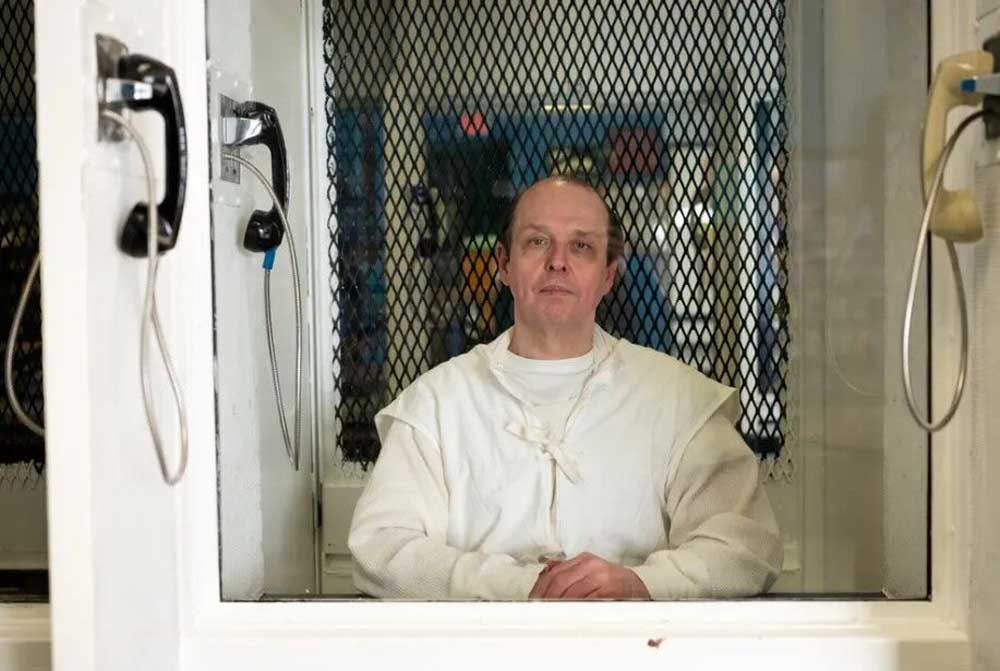The Four Freedoms aren’t like liberties
Published 8:11 pm Tuesday, January 5, 2016
There’s an essential difference between the Bill of Rights and President Franklin D. Roosevelt’s “Four Freedoms,” which he outlined in a speech on this day in 1941. The Bill of Rights is really a list of limitations – on the government. The Four Freedoms is a list of what every individual is owed.
What’s missing from the Four Freedoms is the matter of who owes those freedoms to everyone.
Trending
“In the future days, which we seek to make secure, we look forward to a world founded upon four essential human freedoms,” FDR said in his State of the Union Address that year. “The first is freedom of speech and expression – everywhere in the world. The second is freedom of every person to worship God in his own way – everywhere in the world.”
Those two comport with the First Amendment. The next two deviate from the Founders’ vision.
“The third is freedom from want – which, translated into world terms, means economic understandings which will secure to every nation a healthy peacetime life for its inhabitants – everywhere in the world,” he said. “The fourth is freedom from fear – which, translated into world terms, means a worldwide reduction of armaments to such a point and in such a thorough fashion that no nation will be in a position to commit an act of physical aggression against any neighbor – anywhere in the world.”
Don’t think the Four Freedoms are irrelevant today; Hillary Clinton launched her presidential campaign from New York City’s Four Freedoms Park.
And as Eric Alterman wrote recently in The American Progress, the Four Freedoms speech helped transition the Democratic Party from “classical liberalism” to what it is now – a party of progressivism.
“No longer would freedom be defined simply as protection from or against the abusive powers of government – the central idea of classical liberalism,” he wrote. “The philosopher Isaiah Berlin famously defined this as ‘negative’ freedom. While FDR accepted the importance of protection from an overreaching government, he sought to create one that could provide ‘positive’ freedoms as well. This entailed providing citizens with the tools they needed to live lives of honor and dignity.”
Trending
See the difference? Classical liberalism was about freedom from government limits; the new progressivism is about what citizens are owed.
But there’s still no mention of who owes those things to citizens. The default position of progressives is, of course, the government.
The problem is that government has shown itself to be a failure in guaranteeing these things to its citizens. If simple government funding could truly ensure people are free from want, then the $15 trillion War on Poverty would have yielded at least some results.
And history is replete with examples of what happens when governments attempt to guarantee a freedom from fear through unilateral disarmament.
The Founding Fathers had a clearer vision for the future of the country with their focus: life, liberty and the pursuit of happiness. Government can’t guarantee happiness. All it can do is get out of the way and let people seek it on their own.







